Guest post by Valerie Sticher
The Russian invasion and unfolding humanitarian catastrophe in Ukraine show the limits of diplomacy. Despite warning of an impending invasion, efforts to stop the war failed. And despite the high costs on all sides, efforts to stop this horrific war remain elusive. Why is this the case?
A Textbook Example of Imperfect Information
One way to look at how—and why—wars start and end, is through the lens of bargaining theory. Bargaining theory assumes that leaders like Putin act rationally; an assumption that some have started to question following his decision to invade. Yet ironically, Putin’s apparent miscalculation is a textbook example of a key puzzle in bargaining theory, which is: why do actors go to war—which is inevitably costly—when they could agree on the same outcome through negotiations?
James D. Fearon famously proposed that imperfect information is to blame. Because political settlements tend to reflect the distribution of power, actors like Putin have an incentive to exaggerate their strength and resolve to fight, and don’t trust the opponent’s information. This may lead them to overestimate their odds of winning a war, and make a military approach seem attractive.
These dynamics almost certainly played a role in Putin’s decision to start this war, or at least to engage in a full-scale assault. While the military capabilities of Ukraine were relatively known, Putin clearly underestimated the resolve of the Ukrainian armed forces, and the degree to which President Zelensky could mobilize the wider population. He also underestimated the West’s willingness to supply Ukraine with “lethal aid” and overestimated the morale of the Russian armed forces.
Finally, Putin underestimated the costs of war. Clearly, there is no comparison to the suffering of Ukrainians, but there are important costs to Russia, including to Putin himself. Even if he cares little about lives lost on his own side, and can spin the narrative in favor of the invasion, he is under pressure from international sanctions. More importantly, the failure of his troops to secure a victory is a major humiliation for the Russian armed forces. As a tweet that went viral sums it up: “We thought that Russia had the #2 army in the world. Turns out, that it has the #2 army in Ukraine.”
From Imperfect Information to Costly Concessions
If there had been better information, a diplomatic solution that left everyone better off may have been found. Even in the absence of a deal, Putin may not have ordered a full-scale invasion of Ukraine, and instead limited his invasion to the Donbas. But why are we seeing so little progress towards a settlement—now that we know how committed both sides are to fighting?
One reason is that important uncertainties persist, now that the fighting has moved to a new phase, with a concentration in eastern Ukraine. But there are other important obstacles. The parties will want to make sure that an eventual agreement sticks and is not used by the opponent to make further gains—one reason why there has been so much focus on security guarantees on the Ukrainian side.
What has attracted less attention is the need for elites to consider the support of their constituents. Putin will want to sell a victory back home, while Ukrainians (and the West) cannot simply pretend that the aggression and atrocities never happened. Short of a de facto victory, any peace deal requires concessions on both sides, and such concessions will be incredibly hard to make when they are seen to reward the enemy.
Take the case of territorial concessions: there may be a theoretical argument that Ukraine without (parts of) the Donbas is better off than the Aleppo-ization of the entire country. Ultimately, this is a call that only Ukraine can make. But even if Zelensky is personally willing to make territorial concessions—which we don’t know—he will have to consider the support of the Ukrainian population (and indeed already promised a popular referendum for an eventual settlement). And from all we know about socio-psychological factors in war, it is safe to assume that Ukrainians will want to punish Putin’s aggression, rather than reward his expansionist ambitions.
And while Zelensky is an incredibly popular and effective leader in wartime, mobilizing for peace with an enemy may pose a more formidable challenge than mobilizing for war. Hardliners would likely challenge an agreement that contains major concessions, portraying them as a betrayal of all the lives that were lost in the war.
Going Forward
Although a full settlement may be a long way off, there are diplomatic avenues for reducing hostilities. One way forward is for the parties to work towards a ceasefire—perhaps starting outside the Donbas and then expanding to all of Ukraine, with limitations on troop movement into conflict theaters. This would provide major humanitarian relief and could be presented as a victory on both sides. Even if a ceasefire stops there, at this moment in the war, a frozen conflict seems preferable to any of the other alternatives.
The West could also incentivize steps towards a settlement by tying sanctions more closely to progress at the negotiation table. Western nations could, for example, promise to ease some sanctions once a credible and verifiable ceasefire has been in place for a specified period of time. Consensus on such measures will be difficult to reach. But for the West concessions should be easier to make than for a nation that is literally under fire.
Valerie Sticher is a research fellow at AI Singapore. She wrote her PhD about the role of ceasefires as bargaining instruments in armed conflicts.

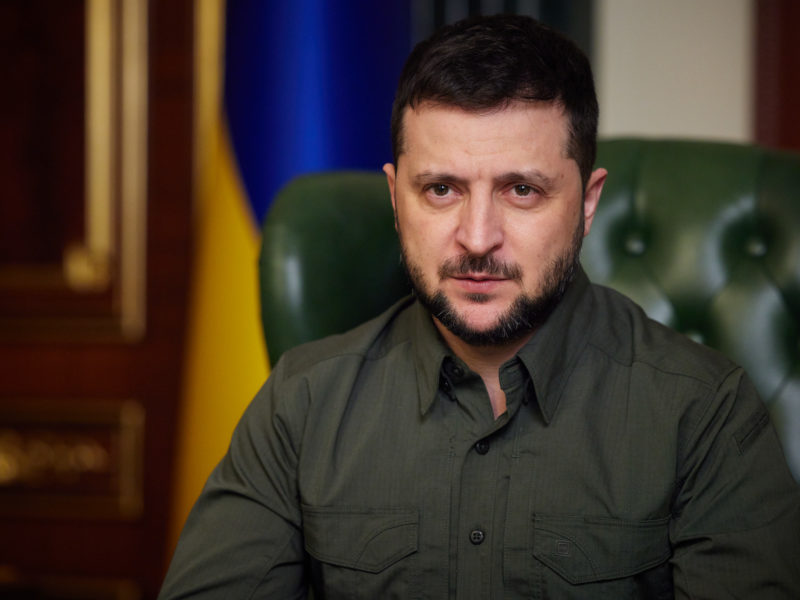
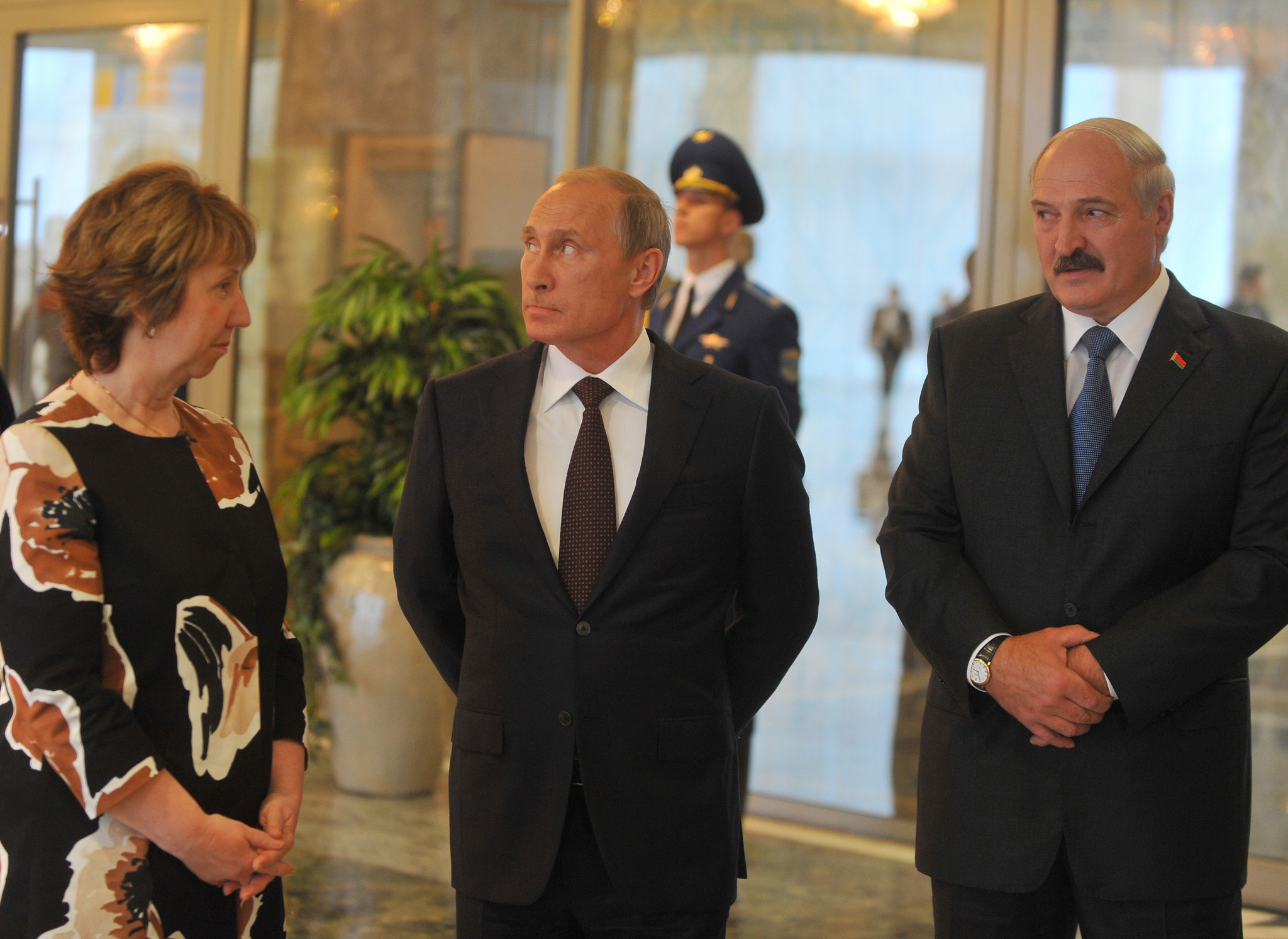
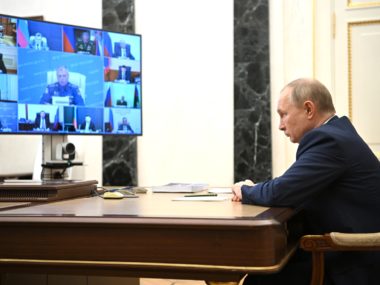


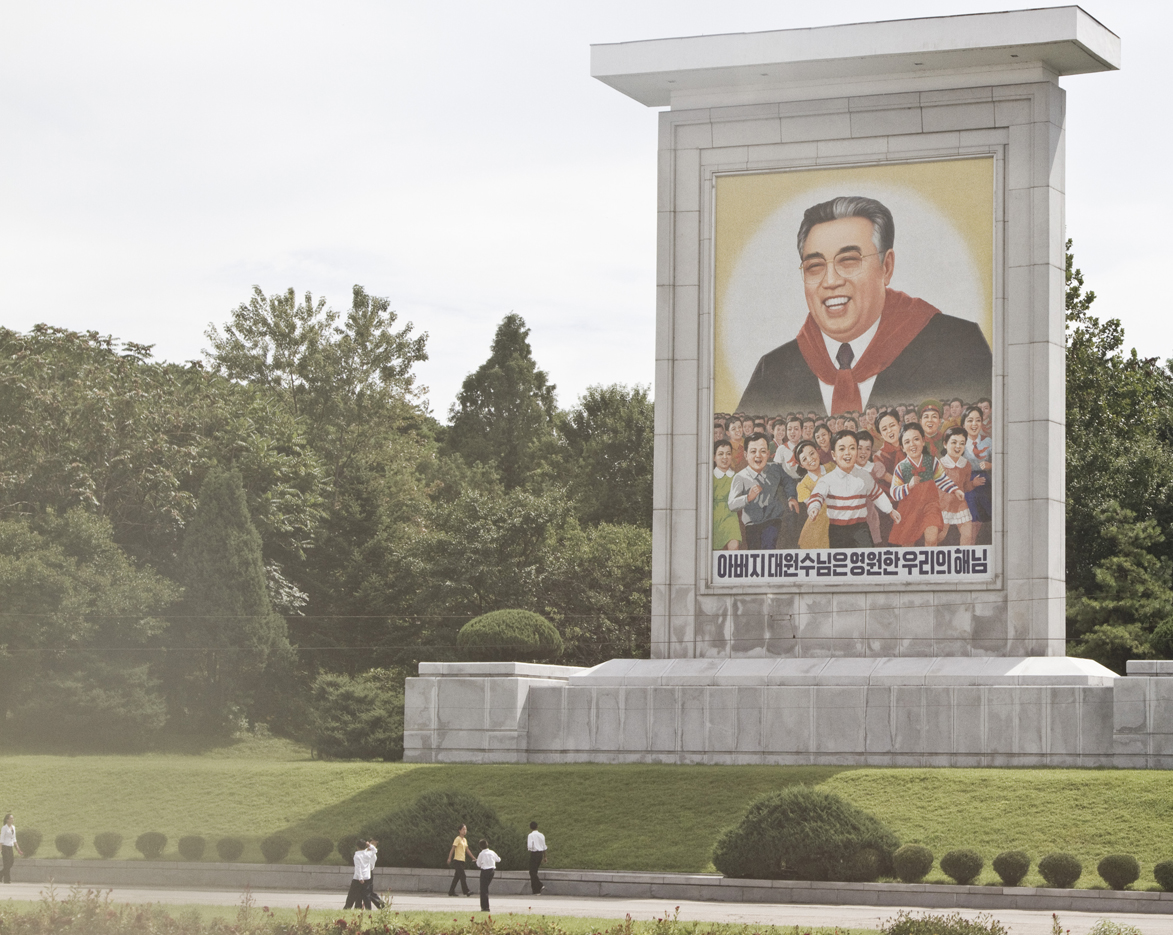
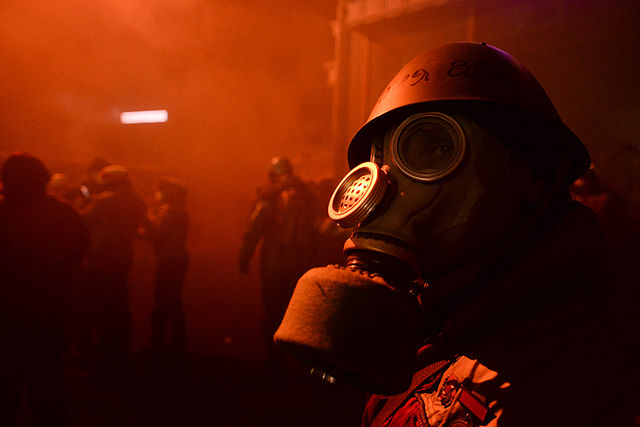
1 comment
I think that the only way to stop this war is for the Russian people to rise up in massive civil disobedience. They need to stop participating in the military, i.e. dessert and refuse to fight, refuse to make, ship and supply ammunition & armaments or other supplies to the invassion forces. Yes, they risk death, torture, imprisonment and huge fines. But their are more ordinary citizens s then there are Police, FSB znd army troops. We need to help invoke an “Arab Spring ” rebellion in Russia to stop this war.
Already we have seen public protests in the streets all over Russia, groups and individuals. Lone protesters, disruption of a news broadcast, solo die-ins, and putting fake price labels pn store shelves asking questions about the war. Russian troops have sabatoged their vehicles and surrendered. 300 Russian Marines refused to disembark and fight off the coast of Maripol. Belaruse Railroad workers have sabatoged the rail lines, rail cars, and ordinary Belaruse citizens have blockaded the tracks. These action need to be duplicated, amplified and enhanced.
We need to send in Russian translations of the work of the late Dr. Gene Sharp and Dr. Erica Chenoweth. Sharp’s book “From Dictatorship to Democracy” was widely circulated in 2011 in the Arab world and was cited for inspiring the Arab Spring. The New York Times interviewed him during that time. Dr. Chenoweth a political scientist, now at Harvard, is an Army Brat, and set out to disprove that nonviolent civilian resistance has any efficacy in resisting armed invassion or overthrowing an authoritarian Dictatorship any time in history. She discovered the exact opposite. Yes, Russians will be killed, tortured, imprisoned and fined. But less people will be harmed then military escalation leading to nuclear war. Gandhi and Dr. Martin Luther King would have told you that if theywere alive today.
What citizens and nation states need to do is start smuggling in the material via diplomatic pouches, balloons and drones. After covering CCTV cameras with shaving cream or sabotaging them leave material on bookstore shelves, libraries etc. Micro-SD cards, CD’s, DVD’s, USB Thumb drives with the material could be smuggled in and distributed clandestinely from the 1200 Embassies and Consulates in Russia. This would be more cost effective then sending more ammunition, weapons, troops and risking nuclear war. “What if they had a war and nobody came?” ” We need to take the toys from the boys.”